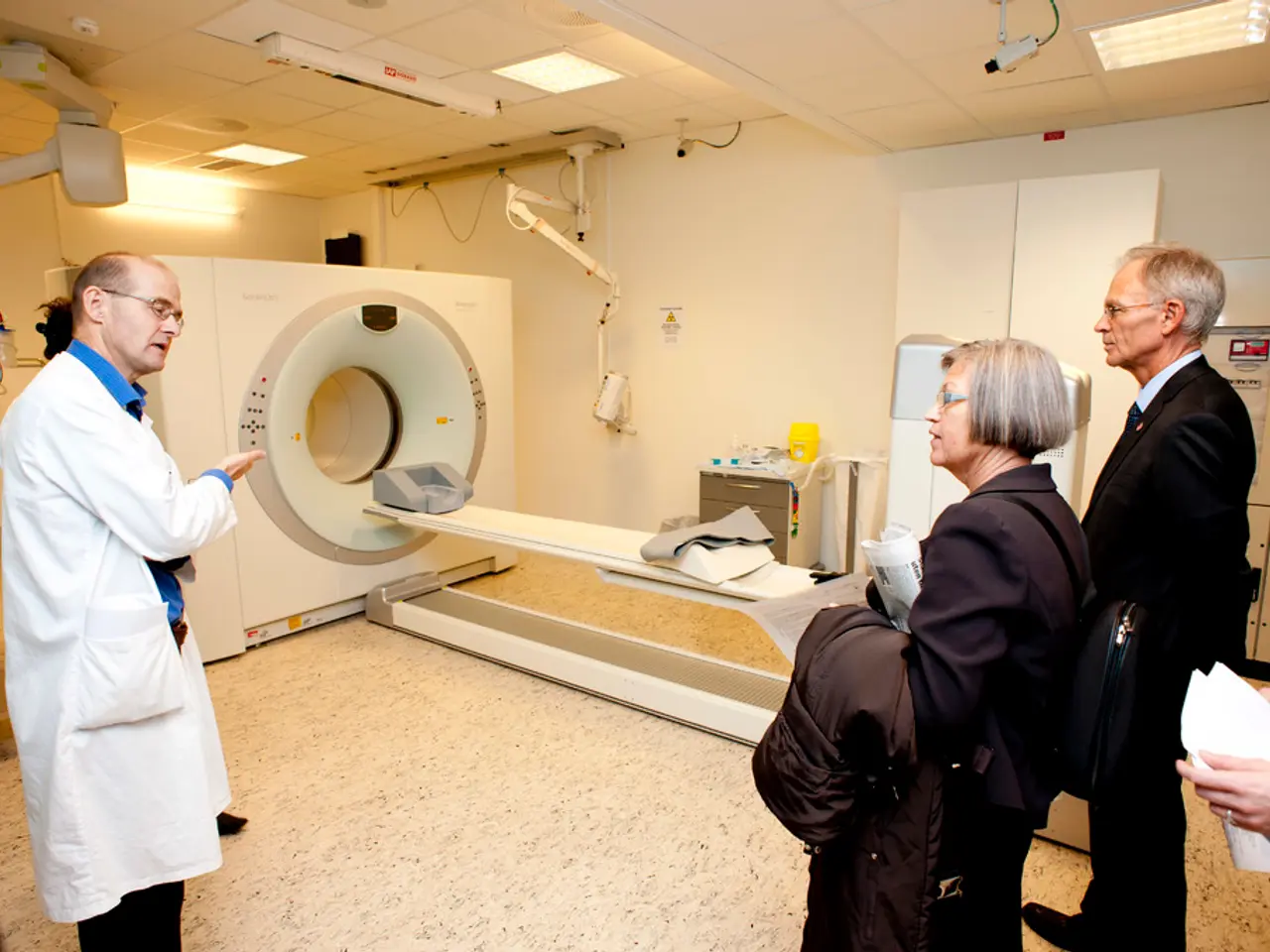EU Court of Auditors sounds the alert on drug scarcities
The European Union (EU) is facing a critical challenge in addressing medicine shortages, with coordination currently lacking due to national sovereignty in health policy. The EU Commission has urged member states to conduct jointly coordinated tenders that better reward supply security and European production.
A special report titled "Critical Medicine Shortages" (19/2025), released by the European Court of Auditors (ECA), highlights the urgency of the situation. The report notes that 537 medicines are missing in Germany before winter, with over 500 active ingredients in shortage in the country. This includes essential medications like antibiotics such as Cefuroxim, Clindamycin, Cotrimoxazol, and Erythromycin, as well as certain asthma medications, ADHS drugs, and antibiotics syrups for children.
The ECA's report also critically notes that the pharmaceutical industry's obligation to ensure continuous medicine supply has not been very effective in practice. The EU Commission has identified weaknesses in supply chains and outsourcing of production to Asia as causes for medicine shortages, including antibiotics and painkillers.
The European Medicines Agency (EMA) played a crucial role in mitigating vaccine and medicine shortages during the acute COVID-19 crisis. However, its competencies have since been revoked, leaving a gap in addressing ongoing medicine shortages.
The EU Parliament adopted a comprehensive action plan in 2023 to address medicine shortages, including promoting reshoring activities, prioritizing supply security, creating a European reserve of strategically important medicines, and increasing transparency in the supply chain. However, the proposals submitted by the EU Commission for a law on critical medicines and a new pharmaceutical law are still not finally discussed or decided upon by the EU legislators.
Peter Liese, a CDU MEP and pediatrician, has been advocating for solutions at the European level for years. He believes that a significant increase in spending on generic medicines would solve many problems. Urgent action is needed to strengthen coordination among the member states to address medicine shortages, according to the ECA's rapporteur Lehne.
However, the complexity of global supply chains and the lack of transparency among member states make a comprehensive improvement of the medicine shortage situation difficult. Many EU countries have begun stockpiling medicines, but this has led to shortages worsening elsewhere due to lack of coordination between countries.
The EMA should more assertively use its competencies to achieve noticeable improvements among member states to address medicine shortages. The system for preventing and mitigating critical medicine shortages needs to be improved, as the legal framework is insufficient and information that enables intervention is not available in time. Medicine shortages can have serious consequences for patients, endanger public health, and are associated with high costs for doctors, pharmacies, and states.
In conclusion, addressing critical medicine shortages in the EU requires urgent action and improved coordination among member states. The EU Commission, EMA, and EU legislators must work together to strengthen the legal framework, improve transparency in supply chains, and prioritize supply security to ensure that essential medications are available to all EU citizens.
Read also:
- Hospital's Enhancement of Outpatient Services Alleviates Emergency Department Strain
- Increased Chikungunya infections in UK travelers prompt mosquito bite caution
- Kazakhstan's Deputy Prime Minister holds discussions on the prevailing circumstances in Almaty
- In the state, Kaiser Permanente boasts the top-ranked health insurance program






